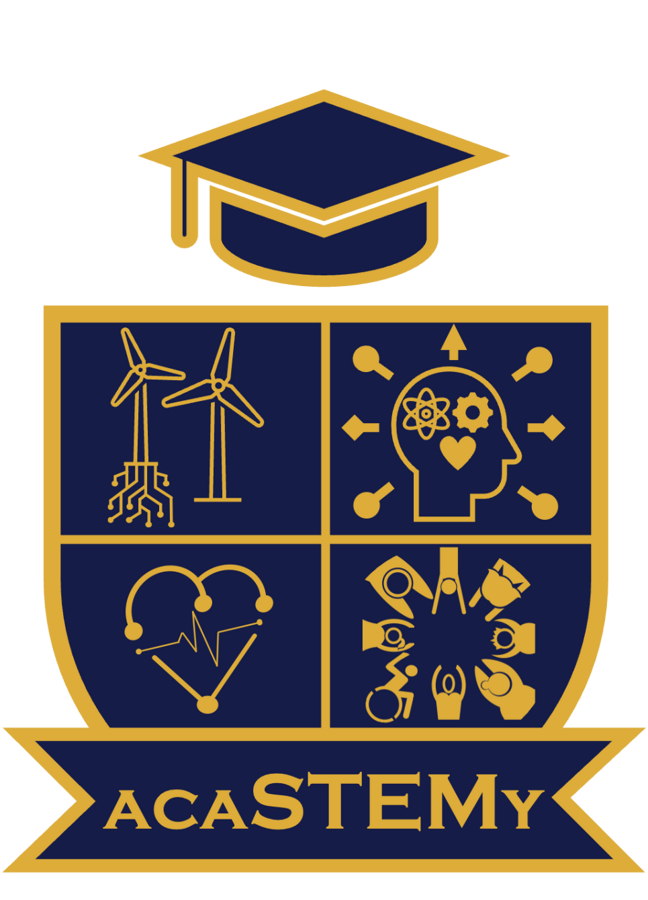AcaSTEMy operations are divided into six (6) work packages, guaranteeing a logical operational flow, attainment of the foreseen results, and a balanced contribution division between the partners, although a greater share and final responsibility rests with the coordinator UTARTU. Existing six WPs led by different partners (in brackets) as follows:
WP1: Management and Quality (UTARTU)
In acaSTEMy
Management and Quality (WP1), we will ensure the smooth running of the work
packages, timely delivery of the outcomes, and ensure the high quality and
sustainability of the project outcomes. This WP will guide the project team’s
actions in achieving all the agreed-upon goals within the set scope, time,
quality and budget standards, as well as develop the common certification
approach for the project partners to implement mutual recognition of the
qualifications and learning outcomes.
WP2: Science competencies and transversal skills capacity building (UTARTU)
In Science competences and transversal skills capacity building (WP2), we will focus on identifying the best practices in participating countries on knowledge transfer between science developments and science education to enrich STEM education staff with knowledge and competences related to new developments in science and technology in the focus areas of green deal, medicine, and cultural-linguistic diversity. We will map the self-reported needs of STEM teachers and building on this, we will work to introduce new directions (paradigm shift) in science education research to scientists involved in STEM education and identify the key forces to challenge the change of paradigm in STEM teacher education. Produce policy outputs.
WP3: Digital skills for STEM teachers (UEF)
In Digital skills for STEM teachers (WP3), specific efforts will be made to (teacher) training and instructions for pedagogically meaningful use of digital tools and skills for teaching-learning processes including collaborative learning, computer use and using computerized learning tools with learning support in STEM education. The focus is not on technical skills, but rather on how digital technologies are used to enhance teaching and learning.
WP4: Module and micro-credentials development (UTARTU)
Under Module and micro-credentials development (WP4), we will design, develop and test flexible learning opportunities in science teaching, supported by transferable skills development necessary for diverse careers in STEM fields. The goal is to build teachers’ in-demand career skills including pedagogical approaches, as well as deepen the understanding of the subjects in the focus areas. Here, the involvement of practice schools is crucial for piloting the modules and experimenting with innovative ways of teaching.
WP5: Building communities of practice and job shadowing (ELTE)
Under Building communities of practice and job shadowing (WP5), we will establish a framework for integrating the STEM teachers community, science education community, private sector and policy actors in networking activities and cooperative STEM curriculum development. We will develop the structural and technical framework for inclusive, seamless and green mobility. To boost the mobility of pre- and in-service teachers, we will promote flexible learning following the ACASTEMY Mobility Track consisting of (1) short local hybrid mobility (hybrid workshops), and (2) international and local job shadowing visits to partners and APs. In addition, co-supervision between partners of MSc/MA students will be piloted.
WP6: Impact and Dissemination (PILAR)
Impact and Dissemination (WP6) will build on the
framework established in WP5, and expand it for European outreach to maximise
impact.
